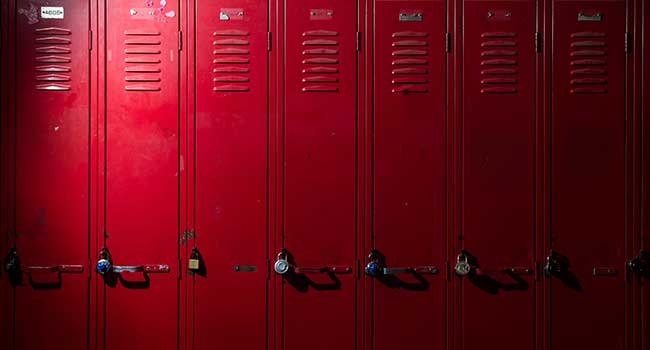
Tennessee Awards $35 Million to School Districts to Improve Safety and Security
Districts have used funds to make improvements such as enhanced door locks, better visitor screening procedures and shatter-resistant glass. Many districts also used the grants to fund salaries for school counselors and child psychologist in order to improve mental health services for students.
- By Jessica Davis
- September 27, 2018
All 147 school districts in Tennessee have completed the first-ever statewide school facilities and safety procedures assessment, Gov. Bill Haslam and Commissioner of Education Candice McQueen announced Tuesday. All districts have also submitted their applications for their part of the $35 million in funding for school security and can now use these funds to implement measures to improve campus security and safety.
The funding for school security includes the School Safety and Security grant, $25 million in one-time funds for schools to address safety risks and vulnerabilities, and the Safe School grant, $10 million in recurring grant funding for ongoing safety and prevention programs. All Tennessee school districts were eligible to apply for both grants to receive allocations of the funds based on the results of a statewide review of school facilities and safety protocols.
“Students learn best in an environment where they feel safe and protected, so it is our responsibility to ensure our schools are secure, and this funding allows us to do just that,” McQueen said. “Over and over we have heard gratitude from districts for this process that has helped them connect with their local community, especially law enforcement agencies, around school safety and to create long-term plans to support the safety of students and educators.”
Districts have used funds to make improvements such as enhanced door locks, better visitor screening procedures and shatter-resistant glass. Many districts also used the grants to fund salaries for school counselors and child psychologist in order to improve mental health services for students.
The statewide safety assessment has also fueled increased local funding for school safety, including 213 new school resource officers funded primarily by local governments.
In addition, The Tennessee Department of Safety and Homeland Security is looking to secure a developer for a school safety mobile app to be used statewide. Students, faculty and staff will be able to use the app to anonymously report suspicious behavior to school officials and local law enforcement.
About the Author
Jessica Davis is the Associate Content Editor for 1105 Media.